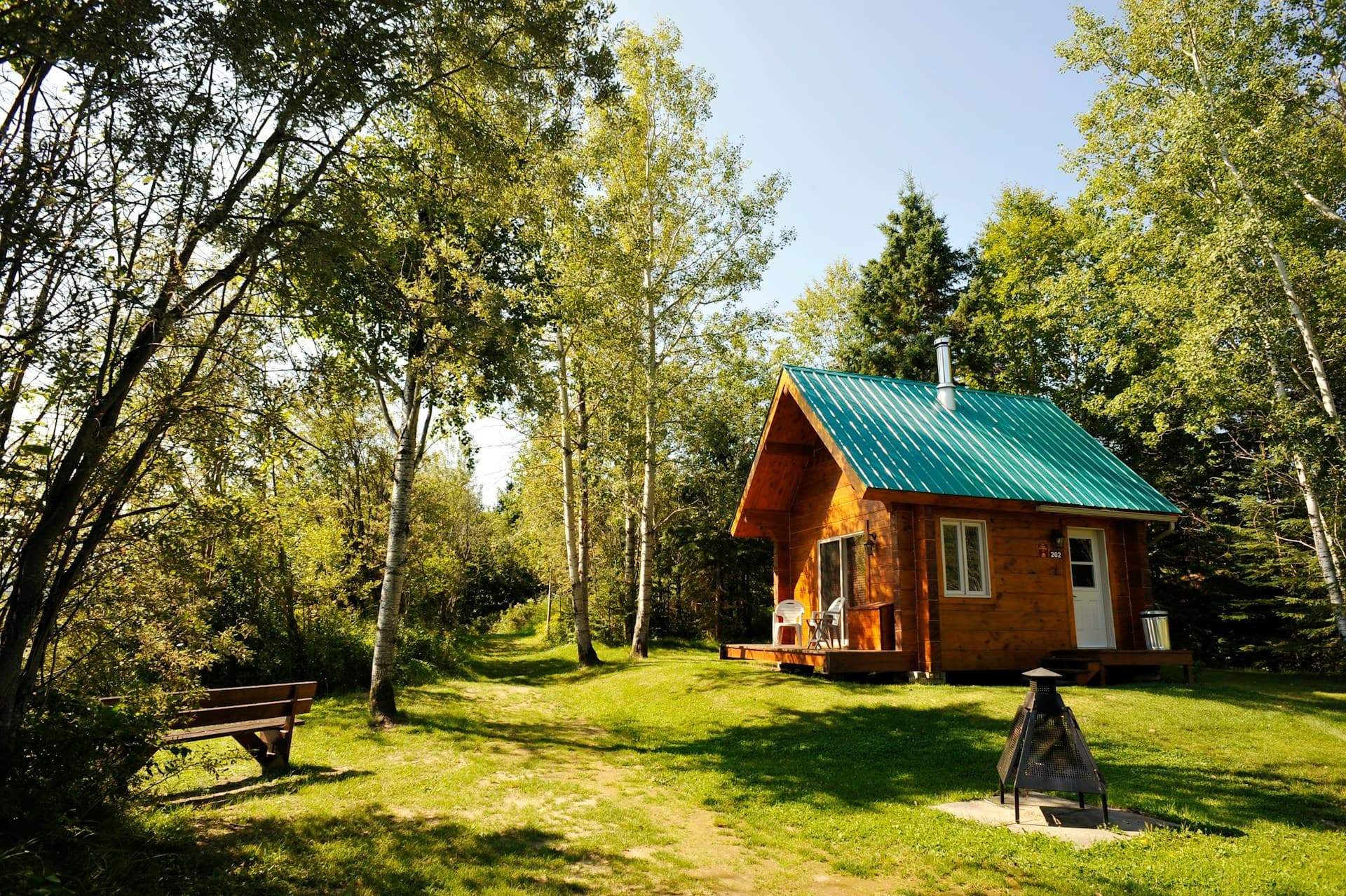

Question: Do I Have to Pay Capital Gains If I Inherit a Cottage?
Answer: You generally do not have to pay capital gains if you inherit a cottage? Canada has a “deemed disposition” rule upon death, but the estate pays any capital gains, not the beneficiary.
Understanding Inheritance and Capital Gains Tax on Cottages
Inheriting a cottage brings a mix of emotions, from joy to the practicalities of property ownership. A common question arises: “Do I have to pay capital gains tax?” This article addresses this important question, explaining the relevant rules and offering clear guidance.
We will explore the concept of deemed disposition, a crucial aspect of capital gains tax when dealing with inherited properties. We’ll also look at how the principal residence exemption can affect your tax obligations. Understanding these concepts can significantly impact your financial situation after inheriting a cottage.
Deemed Disposition on Inherited Property
When someone passes away, Canadian tax law treats their assets, including cottages, as if they sold them at fair market value immediately before death. This is called deemed disposition. This deemed sale triggers a potential capital gain, calculated as the difference between the fair market value at the time of death and the original purchase price (adjusted cost base).
The executor of the estate handles this deemed disposition. They calculate the capital gain and report it on the deceased’s final tax return. However, there’s an important exception for inherited property passing directly to a spouse or common-law partner.
Click the link for more information about Orangeville real estate agents
Related Article: Why Is Cottage Insurance so Expensive?
Related Article: Why Do People Own Cottages?
Principal Residence Exemption: Eliminating Capital Gains
The principal residence exemption (PRE) can eliminate capital gains tax. If the deceased designated the cottage as their principal residence for every year they owned it, the entire capital gain is usually exempt from tax.
It’s important to note that only one property can be designated as a principal residence per family unit per year. If the deceased owned multiple properties, careful consideration is necessary to maximize the PRE benefit.
Capital Gains Tax Calculation
If the cottage was not the deceased’s principal residence, you will need to calculate the capital gain. The capital gain is calculated as the difference between the fair market value at the time of death and the original purchase price plus any eligible expenses, like renovations.
Only 50% of the capital gain is taxable. This taxable amount gets added to the deceased’s income for their final tax return. The resulting tax liability is payable by the estate.
Planning for Inherited Cottages
Understanding the rules surrounding inherited cottages can help you plan for the future. If you anticipate inheriting a cottage, discussing potential tax implications with a financial advisor or tax professional is a good idea.
They can help you understand your options and make informed decisions regarding the property. Proper planning can minimize tax liabilities and ensure a smooth transition of ownership.
Conclusion
Inheriting a cottage raises important tax questions. The deemed disposition rule treats the property as sold upon death, triggering a potential capital gain. However, spousal rollovers and the principal residence exemption can significantly reduce or eliminate this tax liability. Consult a tax professional for personalized guidance.
This information helps answer the question, “Do I Have to Pay Capital Gains If I Inherit a Cottage?” Understanding the rules about deemed disposition, spousal rollovers, and the principal residence exemption allows you to navigate the complexities of inherited property and manage your tax obligations effectively.
Remember, the information in this article serves as a general guide. For specific advice tailored to your circumstances, seek consultation with a qualified tax professional.


